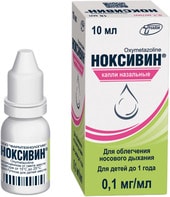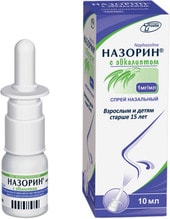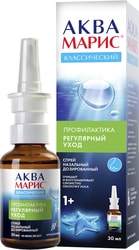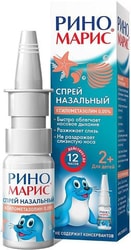Are you concerned about nutrient deficiencies in your diet? Many people believe they eat healthily and don't need additional vitamins and minerals. However, modern agricultural practices often result in produce with significantly lower vitamin and mineral content than our bodies require. This is because the focus is on rapid growth and high yield, leaving plants and animals without sufficient time to accumulate essential nutrients.
Iron is a crucial mineral vital for numerous cellular functions. Its primary role is in hemoglobin production, the substance within red blood cells responsible for oxygen transport throughout the body. While the body stores iron in the liver and spleen, insufficient intake (due to factors like heavy menstrual bleeding) can deplete these reserves, leading to iron-deficiency anemia – the most common type of anemia today.
Iron-3's biological activity stems from its carefully selected ingredients: ascorbic acid (Vitamin C), iron bisglycinate, chlorella, Siberian fir cell sap, folic acid (Vitamin B9), and cyanocobalamin (Vitamin B12).
Iron, a component of cytochromes in the respiratory chain, plays a critical role in oxygen transport and storage, and the formation of redox enzymes. It's essential for hemoglobin and myoglobin, crucial for blood formation and tissue respiration. Women, in particular, benefit from supplemental iron to replenish hemoglobin levels after menstruation.
Traditional iron supplements, often using ferrous salts, are poorly absorbed and frequently cause gastrointestinal distress (constipation, bloating, abdominal pain, nausea, heartburn, vomiting) in up to 60% of users. This often leads to treatment discontinuation.
Iron-3 utilizes iron bisglycinate, a chelate with superior pharmacokinetic and pharmacodynamic properties. It binds to two receptor types: DMT-1 (duodenal villi) and PEPT-1 (throughout the gastrointestinal tract), resulting in four times greater absorption than iron sulfate (which only interacts with DMT-1). Iron bisglycinate doesn't release free iron molecules in the gut, minimizing side effects.
For optimal absorption, take Iron-3 between meals. Avoid taking it with substances that hinder absorption (antibiotics, antacids, calcium-containing medications). Do not consume coffee, tea, milk, dairy products, eggs, or cottage cheese within two hours of taking the supplement. A minimum three-month course is recommended, with potential repetition within a year. Pregnant and breastfeeding women should consult their physician before use.





